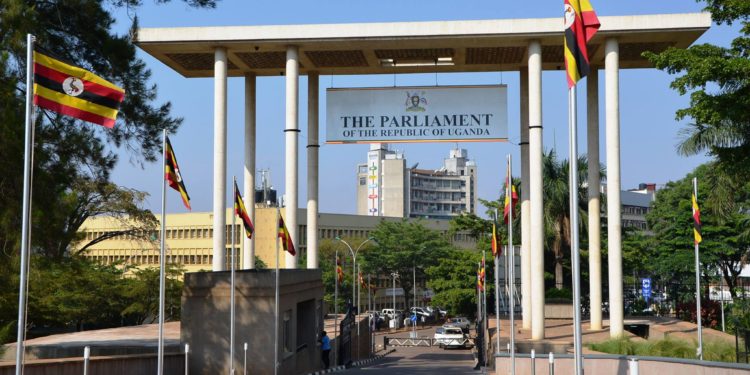By AGGREY BULUBA
Kampala – An old saying goes, “Respect is earned, not demanded.” This principle is now at the center of a heated debate following Uganda’s recent amendment to Rule 72 in Parliament, which restricts how Members of Parliament (MPs) can reference President Yoweri Kaguta Museveni during debates.
On January 13, Parliament passed the amendment, which was introduced by Bugweri County MP Abdul Katuntu, who recently joined the National Resistance Movement (NRM) from the Forum for Democratic Change (FDC). The rule aims to uphold the dignity of parliamentary proceedings and ensure that the President, as the “fountain of honour,” is treated with the highest regard.
The revised rule prohibits MPs from assigning improper motives to the President or invoking his name to sway discussions unless a formal motion is introduced.
Katuntu defended the change, stating, “This amendment is designed to protect the President’s office from unwarranted attacks and maintain the respect it deserves.”
The amendment has faced resistance from some MPs who argue it could limit free speech in Parliament. Dokolo South MP Felix Okot Ogong warned that the restriction might hinder open debate and meaningful discussions.
“This law is too tight,” Ogong said. “We shouldn’t make rules that prevent open discussions.”
Defending the amendment, Speaker Anita Among clarified that discussions about the President should only occur when a formal motion is tabled. “We cannot talk about the President until a motion is formally introduced,” she explained, arguing that the rule would keep debates focused and organized.
However, Leader of the Opposition Joel Ssenyonyi strongly opposed the amendment, warning that it could prevent MPs from scrutinizing presidential statements and policies that directly impact citizens.
“If we can’t discuss what the President has said, how can we clarify policies or directives that affect our people?” Ssenyonyi questioned, adding that legitimate inquiries could be wrongly interpreted as attacks.
He also pointed out that the Speaker already has the authority to call MPs to order, making the new amendment unnecessary. “We must retain the right to refer to the President and seek clarification when necessary.”
The amendment is part of a broader review of Parliament’s Rules of Procedure, outlined in the Report of the Standing Committee on Rules, Privileges, and Discipline.
As lawmakers move forward with the new rule, the challenge remains: How can Parliament maintain order while ensuring MPs retain their right to hold the government accountable?







Discussion about this post